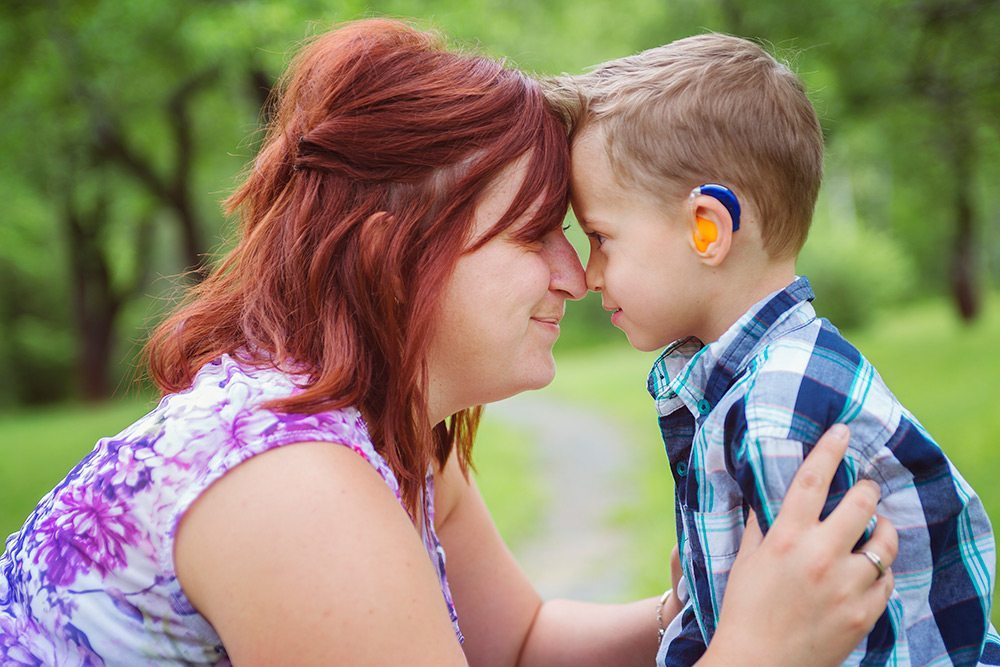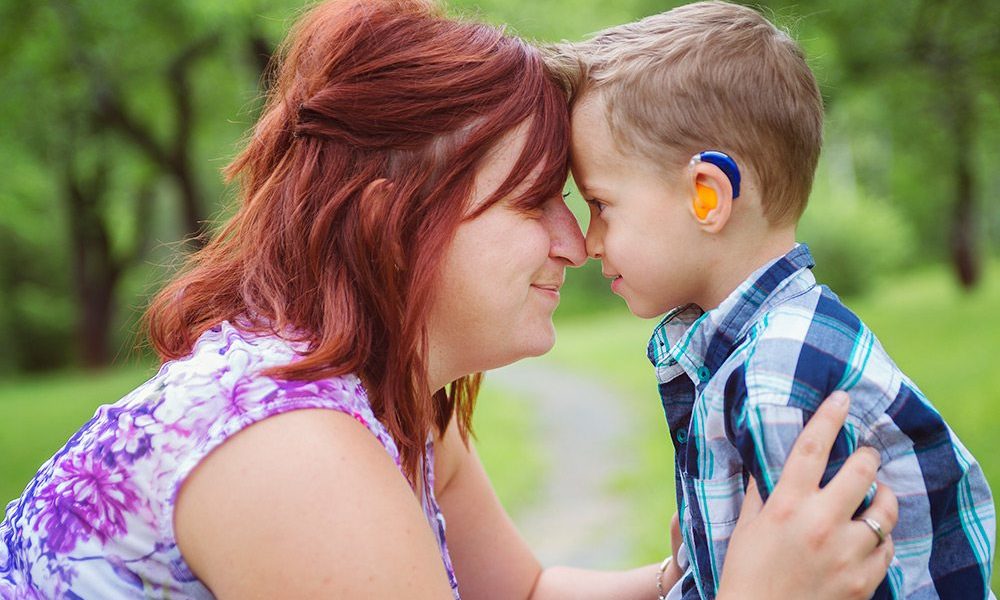 According to Carol Gray, the creator of the aid Social Stories, they “describe a situation, skill or concept in terms of relevant social cues, perspectives and common responses in a patient and reassuring manner that is easily understood by its audience” (1). In other words, social stories use words or images to explain specific occurrences, behaviors, interactions, concepts, or skills. They’re designed to benefit people with developmental delays, social issues, autism, or other difficulties with comprehension.
According to Carol Gray, the creator of the aid Social Stories, they “describe a situation, skill or concept in terms of relevant social cues, perspectives and common responses in a patient and reassuring manner that is easily understood by its audience” (1). In other words, social stories use words or images to explain specific occurrences, behaviors, interactions, concepts, or skills. They’re designed to benefit people with developmental delays, social issues, autism, or other difficulties with comprehension.
Although social stories are generally considered an informal aid/tool rather than a rigorously validated technique, experts support them (2). Social stories explain big concepts in small parts to form an entire message and demonstrate the thoughts and feelings of others. They are excellent resources to show children with developmental delays to prepare for what to expect and how things will work.
Who can benefit?
While social stories are primarily used for children with developmental delays, they are a useful tool for illustrating complex processes simply and clearly to any child. Children with autism, hypoxic-ischemic encephalopathy (HIE), intellectual and developmental disabilities (I/DD), ADHD, and behavioral/emotional disorders may also benefit.
How do social stories work?
 Social stories can be especially helpful for preparing children with autism or other developmental delays for certain necessary tasks. For example, children who are overwhelmed by going to the dentist may be better equipped for it if they have read a social story beforehand. These images will divide the task into steps:
Social stories can be especially helpful for preparing children with autism or other developmental delays for certain necessary tasks. For example, children who are overwhelmed by going to the dentist may be better equipped for it if they have read a social story beforehand. These images will divide the task into steps:
- Entering the dentist’s office
- Sitting in the waiting room
- Opening your mouth for the dentist, etc.
- Highlighting people they will meet at the office (receptionists, nurses, dentist)
Whatever the case may be, these stories simplify the parts the child finds most difficult to comprehend and prepare them for an event by making it seem less overwhelming (3).
Where can I find social stories?
We’d recommend checking out Vanderbilt’s Center on the Social and Emotional Foundation for Early Learning for some pre-written stories. Some places where you can find additional resources include:
- Head Start Center for Inclusion FREE Downloads
- Positively Autism: Free Teaching Materials
- File Folder Heaven: Folder Stories
About HIE Help Center
The HIE Help Center is run by ABC Law Centers, a medical malpractice firm exclusively handling cases involving HIE and related birth injuries since the firm’s inception in 1997.
If you suspect your child’s birth injuries may have been caused by medical negligence, contact us to learn more about pursuing a case. We provide free legal consultations, during which we will inform you of your legal options and answer any questions you may have. Moreover, clients pay nothing throughout the entire legal process unless we obtain a favorable settlement.
You are also welcome to reach out to us with inquiries that are not related to malpractice. We cannot provide individualized medical advice, but we’re happy to track down informational resources for you.
Sources
- (2024). What Is A Social Story? Retrieved from https://carolgraysocialstories.com/social-stories/what-is-it/
- Cosgrave, G. Social Stories. Retrieved from https://www.educateautism.com/social-stories.html
- Social Stories. Retrieved from https://www.pbisworld.com/tier-2/social-stories/



Leave a Reply
You must be logged in to post a comment.